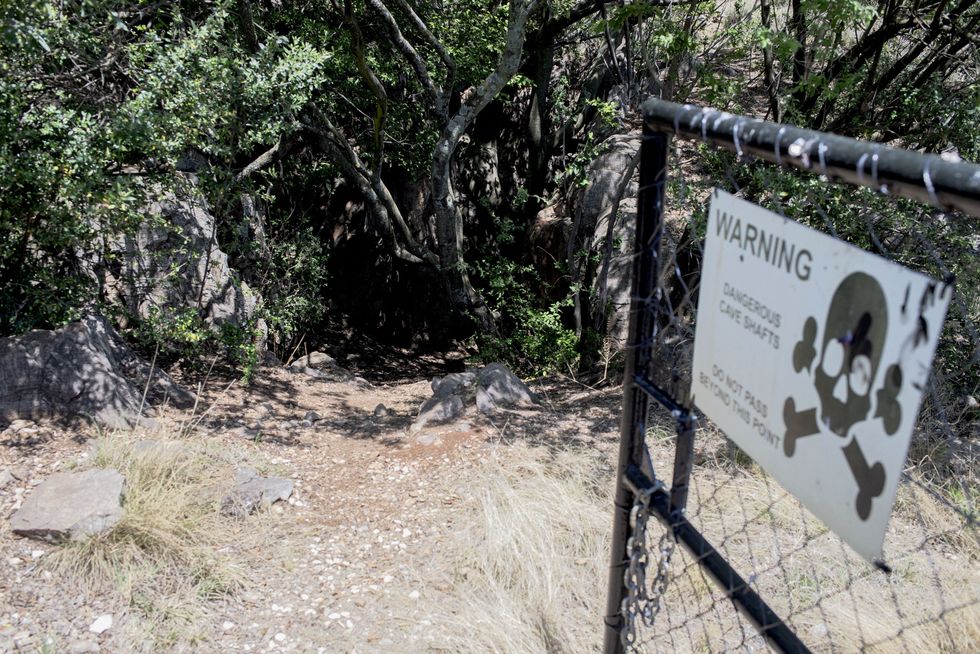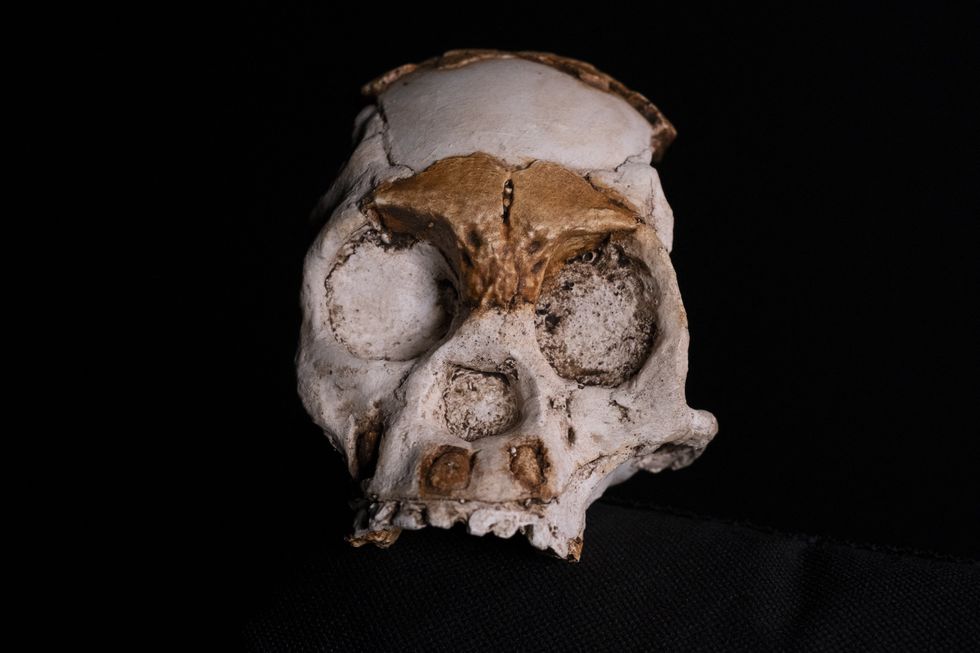Jake Brigstock
Jun 26, 2024
Could This Be The Oldest Known Human Burial Site?
ZMG - Amaze Lab / VideoElephant
The world's oldest burial site was discovered in South Africa by archaeologists and it wasn't even created by our own species.
Upon making the discovery, archaeologists found remains of a distant relative of human beings that had much smaller brains and it was previously thought they were not capable of complex behaviour.
But this discovery could have changed that, according to a report from Science Alert.
The previously oldest burials were found in the Middle East and Africa and contained remains of Homo sapiens which were around 100,000-years-old.
But the burial in South Africa found underground in the 'Rising Star' cave system within the Cradle of Humankind, a UNESCO world heritage site near Johannesburg, dates back more than 200,000 years with remains of Homo naledi, a tree-climbing Stone Age hominid.

Homo naledi had tool-wielding hands with curved fingers and feet made for walking also with curved toes; their remains were first found in the 'Rising Star' cave system in 2013.
The holes which were found in the new discovery were deliberately dug and then filled in to cover bodies, according to researchers.
They also said they found more signs Homo naledi were capable of of complex emotional and cognitive behaviour through engravings which showed shapes were also found on smooth surfaces of a cave pillar.

Paleoanthropologist Lee Berger led the study.
"That would mean not only are humans not unique in the development of symbolic practices, but may not have even invented such behaviours," he told AFP.
Researchers of the study said while the findings will need to be analysed more, they could change "our understandings of human evolution".
Sign up for our free indy100 weekly newsletter
How to join the indy100's free WhatsApp channel
Have your say in our news democracy. Click the upvote icon at the top of the page to help raise this article through the indy100 rankings
Top 100
The Conversation (0)













